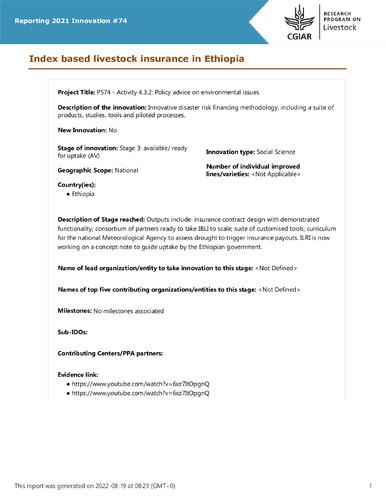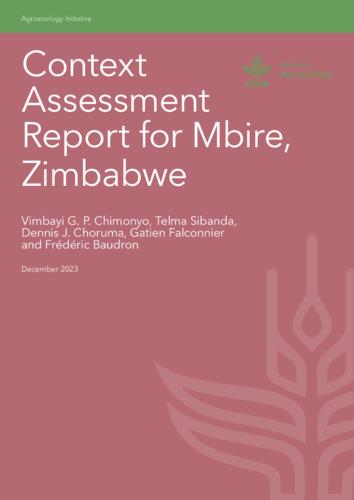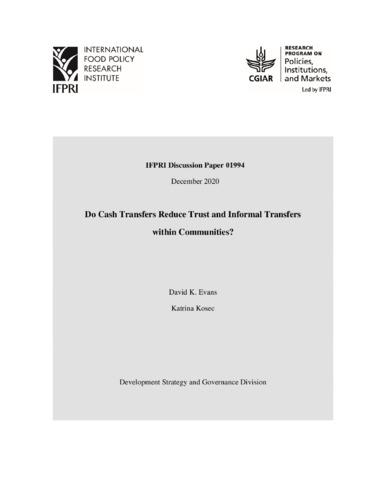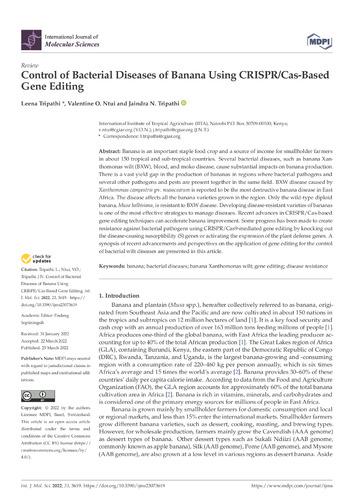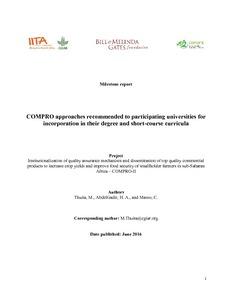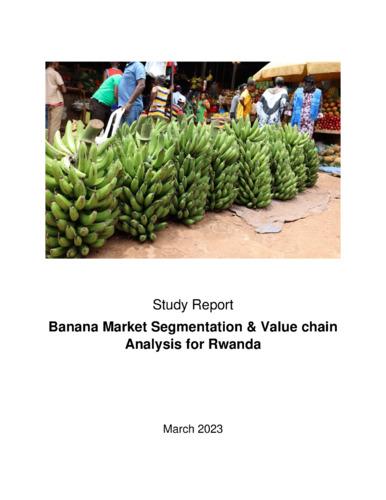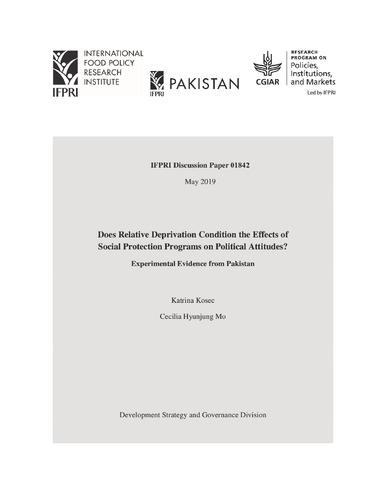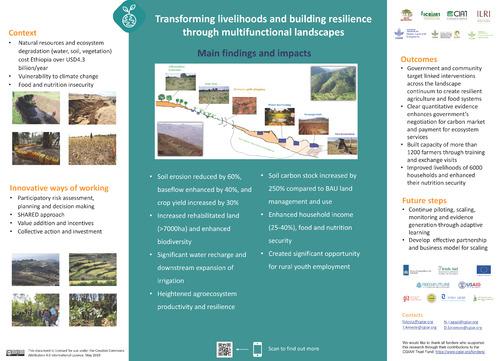
Poster / Presentation
Transforming livelihoods and building resilience through multifunctional landscapes: Main findings and impacts
ICRISAT, CIAT, ICRAF and ILRI. 2019. Transforming livelihoods and building resilience through multifunctional landscapes: Main findings and impacts. Poster. Montpellier: CGIAR System Organisation
